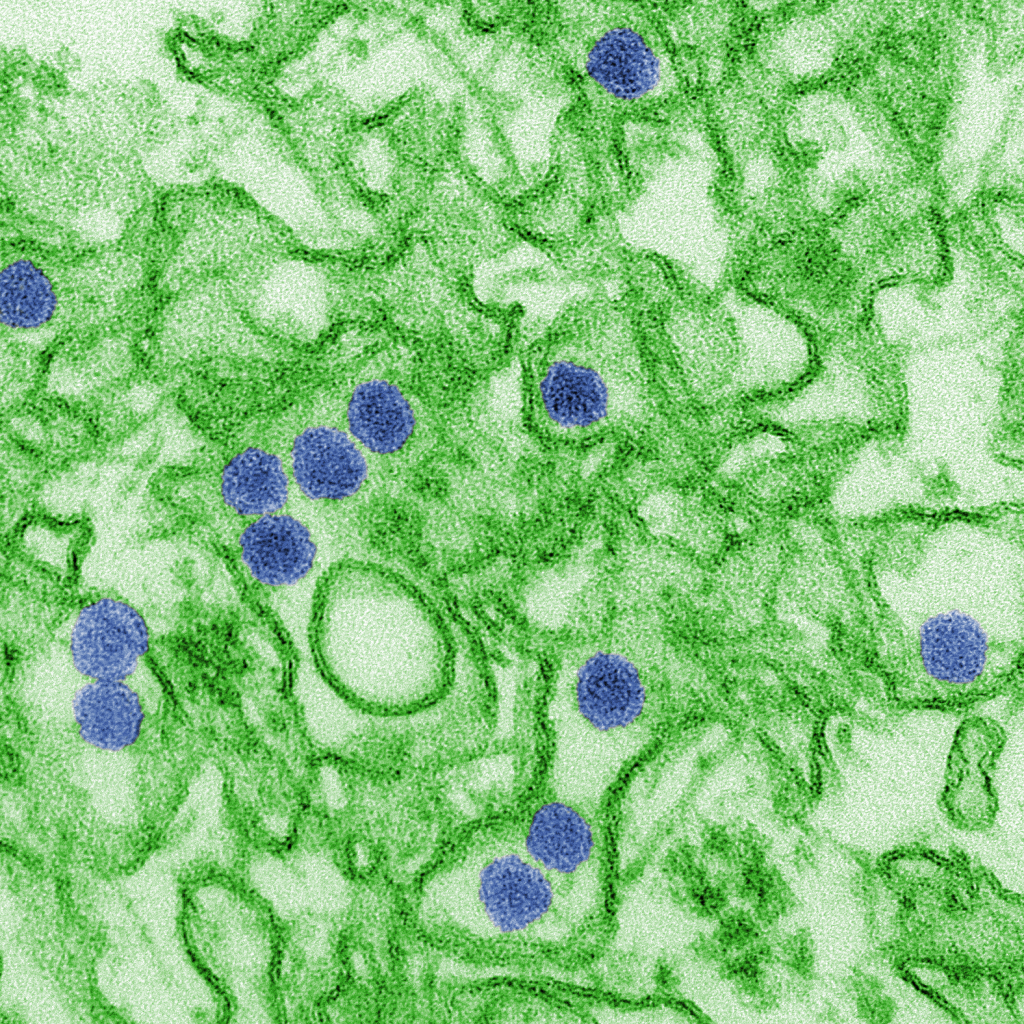A clinical assay has been shown to reliably detect the Zika virus in semen samples, according to researchers at the Fertility and Cryogenics Lab in Illinois. The clinical evaluation of the assay was presented at the American Society for Microbiology (ASM) Microbe 2017 Annual Meeting.
“This assay can help reduce Zika infection rates and allow couples who are identified at risk due to travel or geographic location plan their pregnancy,” said Dr. Hisham Greiss, lead author of the presentation and director of the Fertility and Cryogenics Lab.
In the study, a recombinant version of the Zika virus (Accuplex ZIKV) was added to 100 semen samples at a concentration of 5, 10, 15 or 20 copies of the virus per ml of sample. The researchers used the Aptima ZIKV assay on Hologic’s Panther system to detect RNA from the Zika virus in semen samples.
The FDA has approved the Aptima Zika virus assay under an Emergency Use Authorization to detect the virus in patient samples of serum, plasma or processed urine. The current study is the first to evaluate the assay to quantitatively detect Zika virus in semen.
In addition to testing the samples for the Zika virus RNA, Greiss and his colleagues also tested for a number of other infectious diseases, including West Nile Virus, Chagas and Dengue, Human Papilloma Virus, Herpes Simplex Virus 1, Herpes Simplex Virus 2, Chlamydia, and Gonorrhea. These experiments were performed in order to test the cross-reactivity of the Aptima ZIKV assay and its false-positive rate.
The assay was found to be 100 percent sensitive and 100 percent specific at identifying Zika virus RNA from semen samples. The researchers reported that the limit of detection was 5 viral copies per ml of sample.
Previous research has demonstrated that the Zika virus can persist in semen for over 188 days after a person is initially infected, and often can be detected in the semen long after signs of the virus have been cleared from the blood. As cases of sexual transmission of the Zika virus have been recorded, the researchers say that a reliable assay for detecting the virus in semen samples is of the utmost importance.
“There is an urgent need for a reliable and sensitive assay to detect ZIKV RNA from semen samples to prevent transmission of ZIKV through both ART [assisted reproductive technology] and natural conception,” said the team in their abstract for ASM Microbe 2017. “The ZIKV assay on the fully automated Panther system could be a valuable tool and we recommend screening all semen samples for ZIKV prior to using in ART procedures, in sperm banking and couples at risk of Zika attempting natural conception.”
The mosquito-borne virus has been associated with a number of birth defects including fetal microcephaly. Since 2015, 5,285 symptomatic cases of Zika virus have been reported, according to statistics from the Centers for Disease Control and Prevention (CDC). Of these cases, forty-six incidents of sexual transmission have been identified.












Join or login to leave a comment
JOIN LOGIN